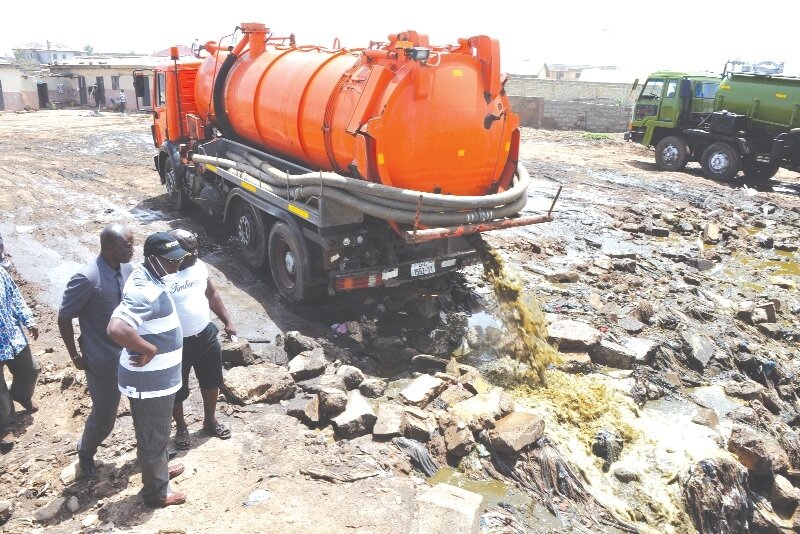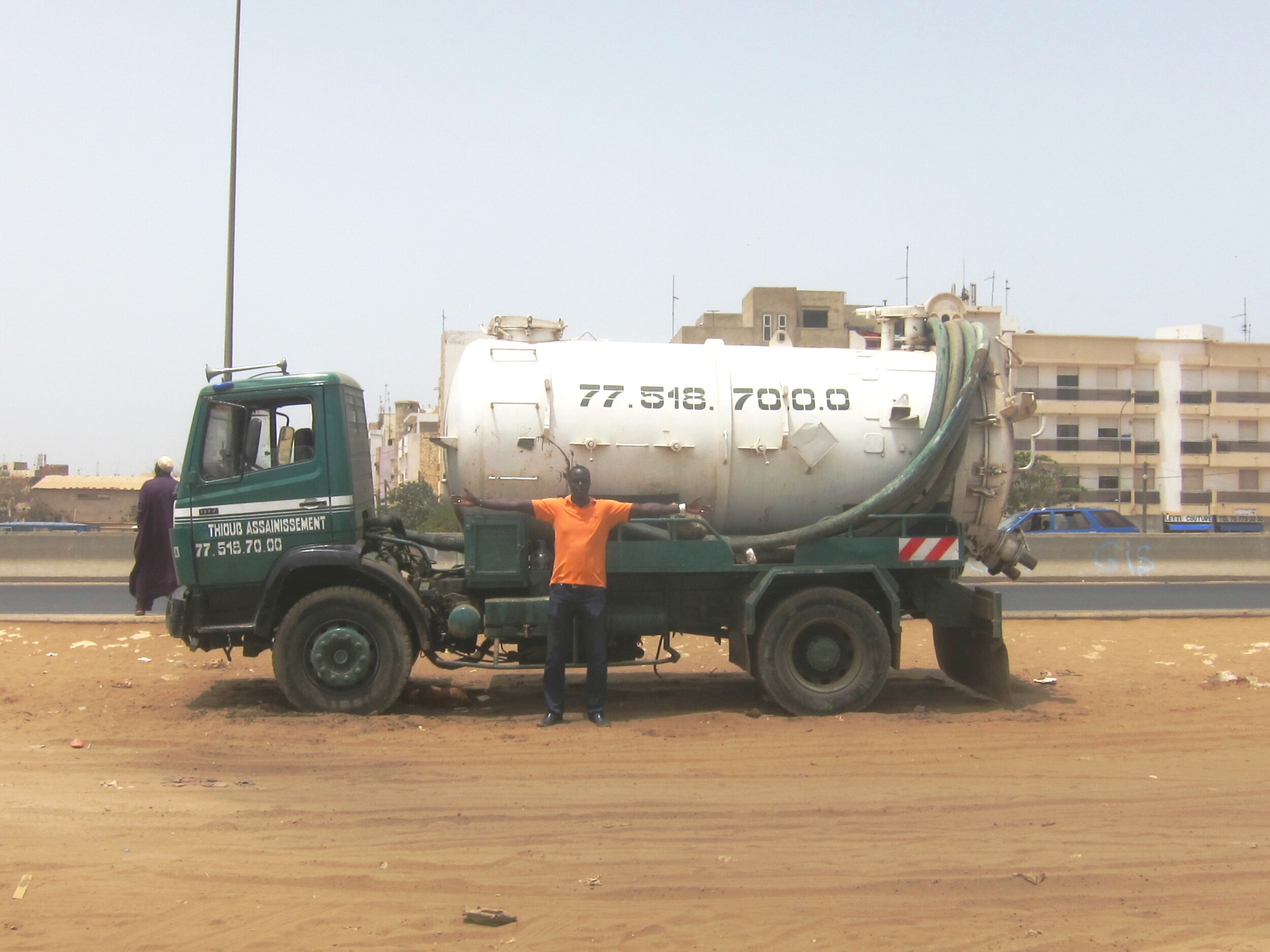Sanitation Solutions
Developing countries have been unable to keep up with their rapid urbanization in terms of providing infrastructure services, creating a growing sanitation problem with important health impacts. Sanitation is a leading cause of diarrheal disease, the second major cause of death of children under 5 years old. Households commonly rely on individual sanitation systems such as septic tanks and unimproved pits because expansion of the sewer network is expensive and resource-intensive. Yet these pits are expensive to empty, and households often have to resort to non-sanitary means of emptying them when they fill, increasing the local sanitation burden. We are working with small businesses and local governments to develop solutions which will increase access to improved sanitation services, reducing the disease burden in urban areas.
Learn More
Check out NPR’s Planet Money podcast where they discuss the challenges of a septic tank cleaning “cartel” in Dakar, Senegal and how economics figured out a solution to the problem.
Read how Molly Lipscomb, Associate Professor of Public Policy and Economics at the University of Virginia and Laura Schechter, Professor of Agriculture and Applied Economics at the University of Wisconsin, investigate the use of mobile money to improve household sanitation choices.
Another VoxDev article summarizes research from Center Director Lipscomb and other collaborators on how privatizing sludge treatment centers in Senegal improved sanitation outcomes and reduced desludging prices without concentrating market power.








